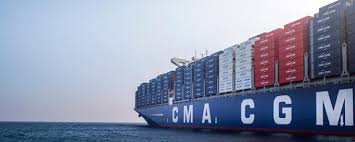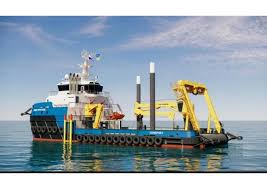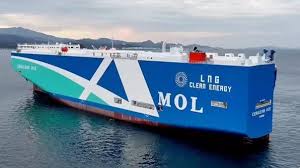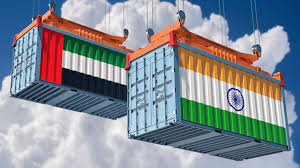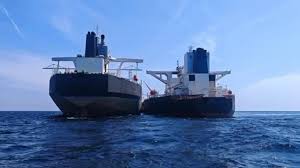Girish Acharya, Assistant Vice President, Sales & Marketing, The Thar Dry Port, explores the logistics industry’s challenges, including weather disruptions, accidents, IT outages, port congestion, rising operational costs, and forecasting complexities. To surmount these obstacles, it turns to digitalization and integrated supply chains for real-time tracking, safety measures, and improved customer satisfaction.

The future of end-to-end supply chains in logistics is undeniably intertwined with technology
One-stop solutions, encompassing IT, warehousing, and transportation, streamline operations. Adaptability and innovation are keys to thriving in the dynamic logistics landscape. In addressing these issues proactively, logistics firms craft a robust, efficient supply chain ecosystem capable of excelling in today’s unpredictable business climate.
Strategies
In the world of logistics, Girish offers valuable insights into the strategies needed to strengthen supply chains, especially in the face of disruptions. Their company prioritises flexibility, swiftly adapting to meet evolving customer demands, and addressing market challenges. Innovation is key, with a focus on efficiency, cost control, and logistics system fortification through collaboration with customers.
Partnerships with IT firms result in software solutions that enhance productivity. Sustainability is a core focus, ensuring consistent service levels for every customer. Rapid decision-making is essential to their operations. The company’s holistic approach involves forward integration, embracing automation and digitization across all departments for seamless communication and increased productivity.
He emphasises that end-to-end supply chains encompass not just cargo movement but also the smooth flow of communication. Timely and accurate information delivery synchronises all stakeholders for success. In a dynamic logistics landscape, these strategies prove indispensable.
Key metrics
In the world of logistics, tracking and measuring performance is paramount to ensuring the seamless operation of end-to-end supply chains. From dwell time at ports to last-mile delivery, these critical metrics stand out as essential benchmarks. Optimising equipment utilisation and controlling transportation and warehousing costs are also key to success.
Operating ratios provide insights into cost management and profitability, while on-time delivery remains a fundamental customer satisfaction metric. A well-trained workforce, cargo visibility, and low employee turnover round out the list, emphasising the importance of people, processes, and technology in the logistics industry.
Tech-driven future
The future of end-to-end supply chains in logistics is undeniably intertwined with technology. Automation cuts costs and enables real-time cargo tracking. Blockchain technology ensures data transparency and security, while software streamlines data management, analysis, and communication. Artificial intelligence and paperless document handling are also driving forces.
These advancements present opportunities for enhanced customer service, setting companies apart in a competitive landscape. However, they also bring challenges, such as the need for skilled tech personnel and cybersecurity vigilance. As the logistics sector evolves, technology guides its reshaping for greater efficiency and effectiveness.
Supply chain synergy
Fostering enduring relationships in supply chain management requires a strategic approach. We treat our customers as partners, crafting tailor-made solutions for efficiency and seamless operations. With a dedicated professional task force, we aim for mutual growth, both internally and externally.
Offering high-tech infrastructure and exemplary service across strategic locations in India is key. We continuously innovate to unlock logistics potential and enhance service quality, ensuring lasting collaborations in the dynamic supply chain ecosystem.






